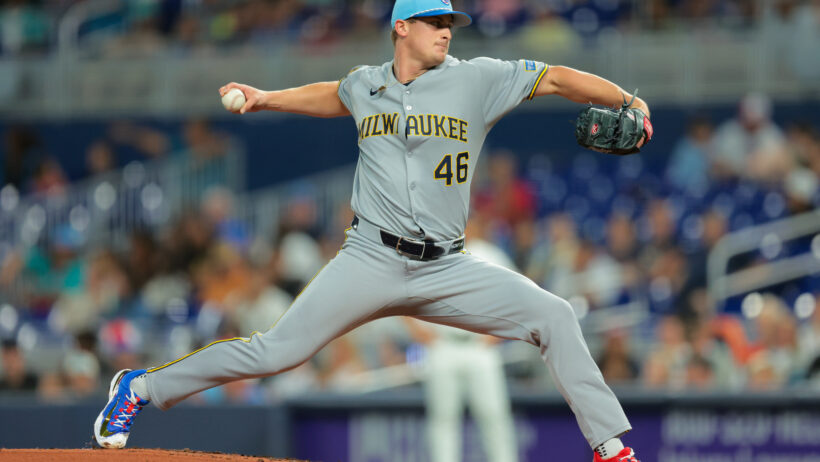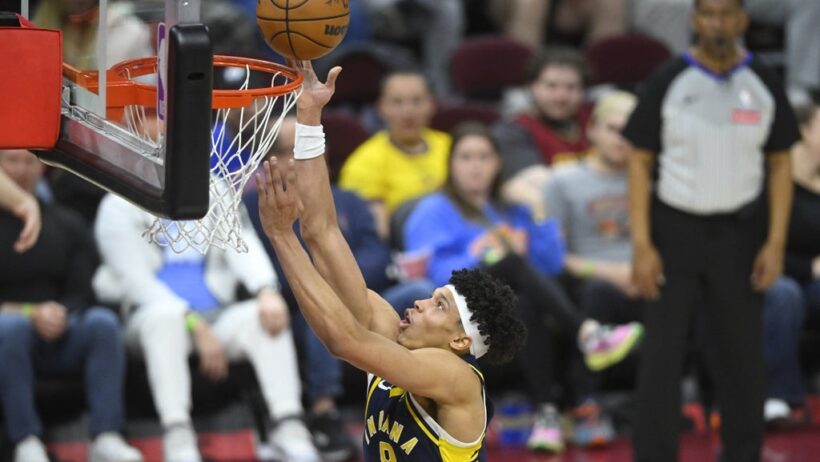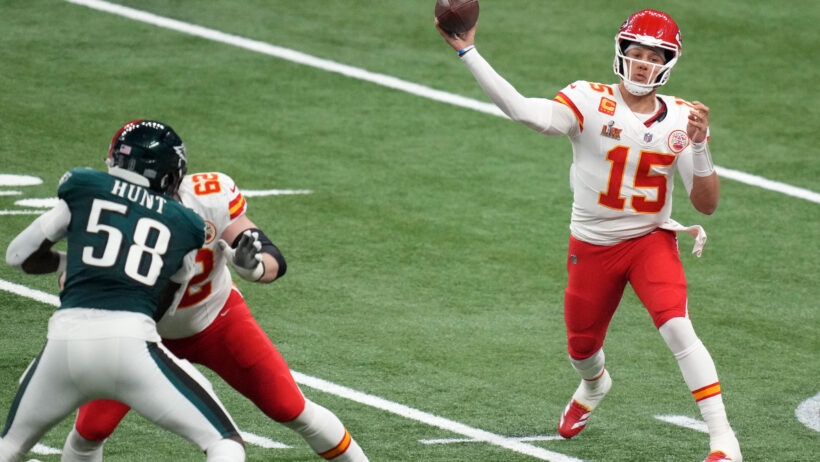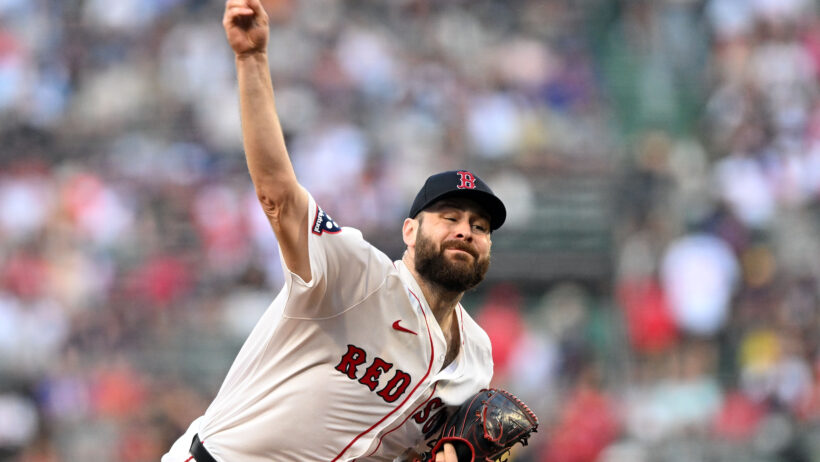Time Running Out on Amended Minnesota Sports Betting Bill
By Robert Linnehan in Sports Betting News
Updated: October 26, 2022 at 8:11 am EDTPublished:
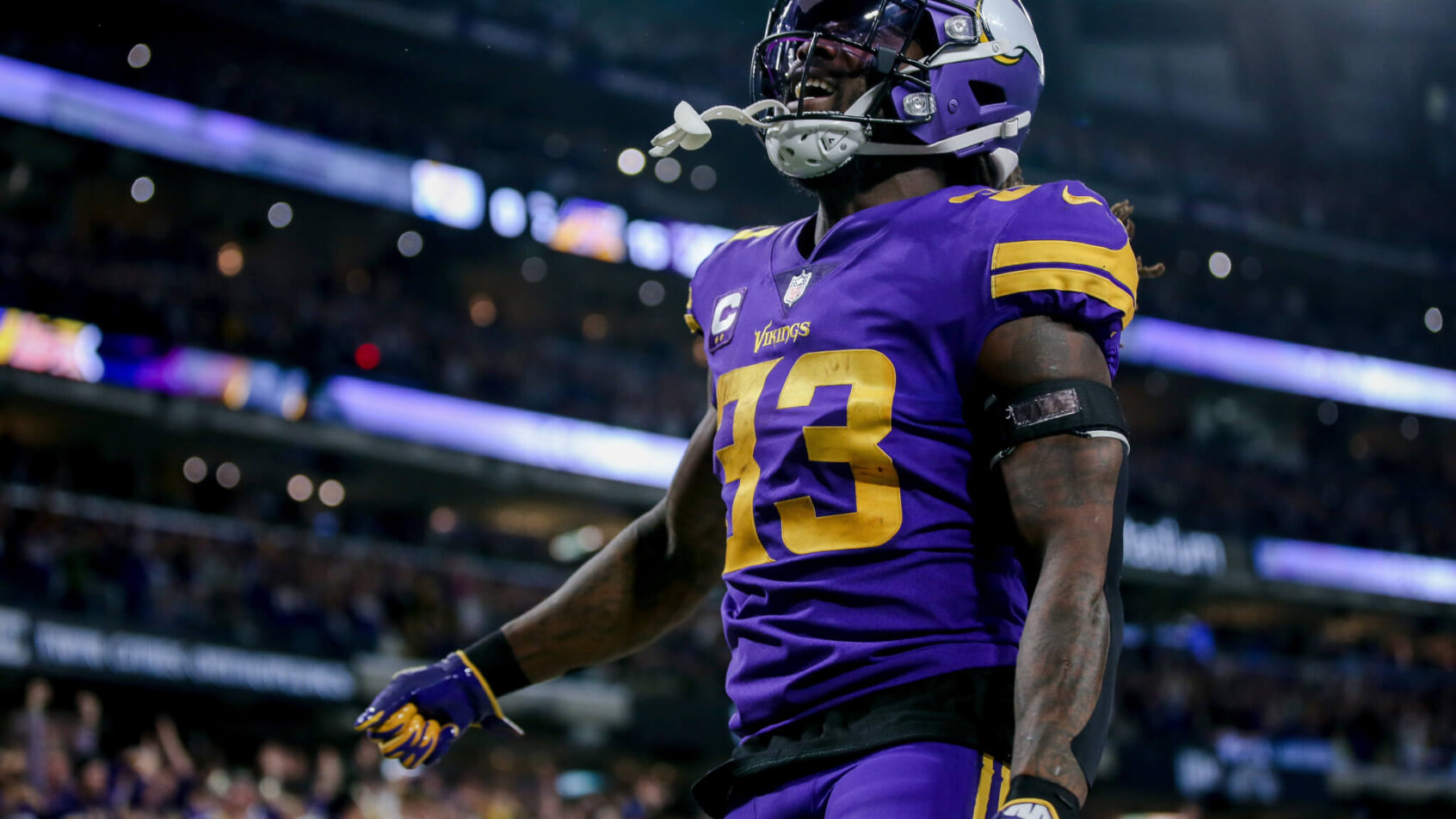
- The Minnesota Senate Finance Committee amended the House approved sports betting bill to include two racetracks
- Minnesota Tribes are opposed to the changes
- The Minnesota Senate and House of Representatives need to pass identical bills before legislation can be sent to the Governor
Big changes have been approved by a Senate committee for Minnesota sports betting.
A House approved sports betting bill (HF 778) was amended by the Minnesota Senate Finance Committee to also allow two state racetracks to offer online and retail sports betting. The recently approved House bill gave the Minnesota state tribes exclusive control over online and retail sports betting.
These were not unexpected changes. Senate Majority Leader Jeremy Miller (R-28) recently said the Senate would not support the House bill if it did not expand sports betting opportunities for the state racetracks.
The committee unanimously approved the amendment and then approved the bill by a vote of 5-4. The bill has been placed on the Senate general orders and sent to the floor.
The House and Senate will have to agree to identical sports betting bills before the legislative session ends on May 23.
Minnesota Tribes Opposed to Amendment
As expected, the Minnesota Tribes have already voiced this displeasure over the approved amendment. The 10-member Minnesota Indian Gaming Association (MIGA) sent a letter to the Senate Finance Committee roundly rejected the amendment to expand sports betting to state racetracks.
“Through the stakeholder process, Rep. Stephenson, Rep. Garofalo and other crafted a bill that accomplishes the goal of providing a safe and competitive marketplace for Minnesota sports bettors without threatening the viability of tribal gaming in the state. Therefore, nine of the 10 MIGA tribes offer their full and active support for the current version of HF 778, while one member of the association does not. If amended by the A-22 amendment, which expands commercial gaming, all 10 MIGA tribes would then oppose the legislation,” MIGA reps wrote in their letter.
The MIGA tribes have consistently opposed the expansion of non-tribal gaming in the state.
Sen. Roger Chamberlain (R-Lino Lakes) said the state needs to have multiple sportsbook operators to ensure a healthy market. Just giving control to the tribes may not allow for enough competition to make the market a viable one.
“If this is going to work and be a good product, we have to have competition. The way it’s set up, I don’t know how we can get that with just the tribes. They have argued they don’t want competition with each other,” he said.
Minnesota Sports Betting Details
The amendment to expand sports betting was the key change to the House approved sports betting bill. The rest of the bill details largely remain the same.
In addition to the racetracks, the amended bill will legalize in-person sports betting at tribal casinos and create up to two master online sports betting licenses for state tribes. This includes the potential for individual online sports betting sub-licenses for each individual tribe.
The bill sets the minimum age of participation at 21 and will allow betting on college sports. It calls for a 10% sports betting tax rate on both online and in-person sports bets.
Fees for sports betting licenses were also officially set. These include:
- Online sports betting operator license: $2,125
- Racetrack license: $2,125
- Online sports betting platform provider and service provider: $6,000 application fee, $38,250 license fee, and $8,500 annual renewal fee
- Supplier license: $6,000 application fee, $38,250 license fee, and $8,500 annual renewal fee.
Fees for the master sports betting licenses for the Minnesota tribes were not disclosed. They will be valid for 20 years.
A fiscal analysis shared during the committee hearing estimated $5.6 million in sports betting tax revenues for FY 2024, increasing to $12.8 million in FY 2025. It could grow to between $20 million to $30 million in later years, according to the analysis.

Regulatory Writer and Editor
Rob covers all regulatory developments in online gambling. He specializes in US sports betting news along with casino regulation news as one of the most trusted sources in the country.
